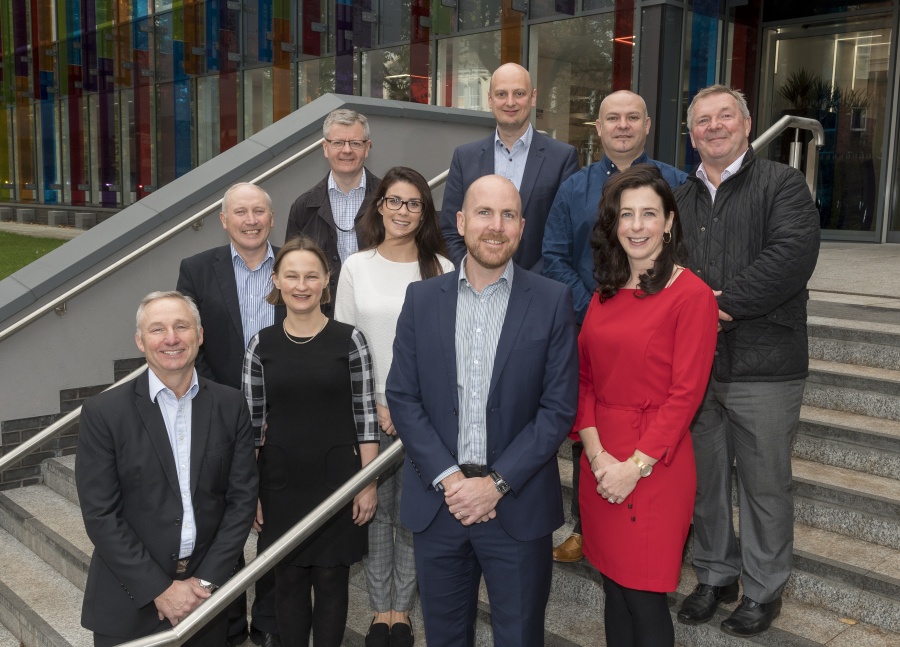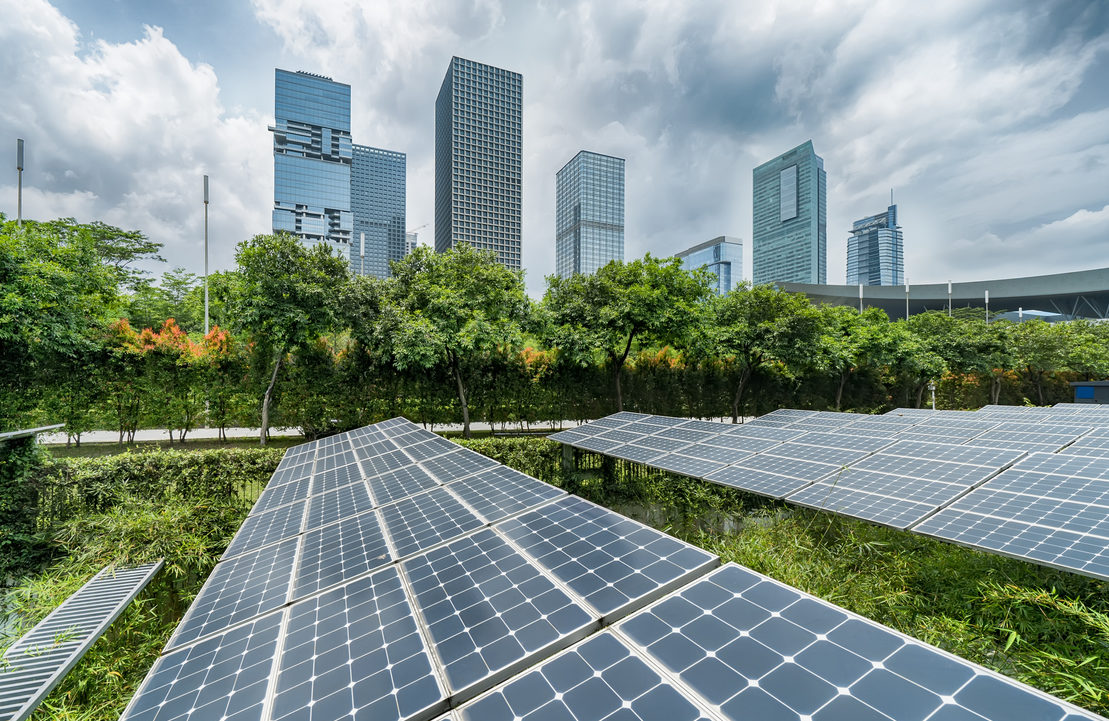New all island energy research project investigates energy storage potential for Ireland’s future grid

Tuesday 3rd October 2017: The ImpRESS[1] project, a UK-Ireland industry-led collaborative research project that demonstrates battery-based energy storage on the Irish grid, has been officially launched through an International Energy Research Centre (IERC) industry workshop in Queen’s University, Belfast.
Ireland is deploying variable renewable energy, such as wind, wave and solar energy, to help it decarbonize its energy system. While the opportunities for renewable energy systems to address electricity generation are increasing, the intermittency, uncertainty and variability of renewables generation can pose challenges. These challenges mean the supply of renewable energies will be unable to comprehensively respond and meet the growing consumer demand for energy unless storage solutions are deployed.
The Irish grid requires additional flexibility to be able to accommodate the additional variability of renewables, and the ImpRESS project provides such a solution. Its focus is on analysing the performance and efficiency of storage solutions on the all-island grid and the integrated single electricity market (I-SEM), due for launch next year. The research aims to improve the concentration of the battery system, ultimately leading to better energy density, long-term stability, greater efficiency and response times.
The ImpRESS project will provide Ireland with a competitive edge, both nationally and internationally, for large-scale energy storage solutions in terms of managing the energy supply from renewable energy sources. The IERC and Queen’s University Belfast are collaborating with a number of companies including Bombardier, Flow Energy Solutions, Williams Industrial Services, Green Lizard Technologies and Energia on demonstrating a redox flow battery through the ImpRESS project.
Professor Tony Day, Executive Director of the IERC, commented that “Ireland has fluctuating energy dynamics, and as a consequence of being an island, the scale of the power system is such that it provides an excellent test-bed for the evaluation of energy storage solutions. The ImpRESS project focuses on all-island electrical energy generation, consumption and storage to meet current requirements, and examines technologies for future electrical networks and grids. It will deliver engineering recommendations capable of influencing future grid-code standards and electrical power system policy development.”
Dr. Colette Eastwood, Facilities & Environmental Manager with Bombardier, commented that “the ImpRESS project could provide multiple benefits to the Bombardier business as the utilization of small scale storage could have the potential to provide a stable and sustainable supply for our precision manufacturing processes.”
The project involves collaboration with Rongke Power in the deployment of a 125kw flow battery solution on an Irish test site with multiple renewable energy inputs. The China National Energy Administration has recently approved Rongke Power to deliver the world’s largest energy storage station in Dalian, China.
Dr. Peter Nockemann from the School of Chemistry and Chemical Engineering at Queen’s University Belfast commented: “We are delighted to be involved in this international partnership, which will provide Ireland with a competitive edge, both nationally and internationally, for large-scale energy storage solutions in terms of managing the energy supply from renewable energy sources. This partnership of world class experts builds on our experience in the design and synthesis of electrolytes based on ionic liquid technology and will form a creative synergy for electric storage systems to meet the current and future needs of electric power systems in Ireland.”
Dr. Matthew Kennedy, Head of Strategy and Business with the IERC described how “the ImpRESS project provides new commercial opportunities for the businesses involved, including energy trading, providing access to new ancillary services for I-SEM, single energy market pricing and a competitive advantage for faster response services. The Rongke Power’s battery solution was selected by our ImpRESS consortium due to its technology advantages including reliability, full recyclability of the electrolyte, and longevity.”
Project technical details:
The ImpRESS project objectives include: a) Developing, investigating and optimisation of novel electrolyte chemistries b) Investigating the electrochemical windows, stability, energy density and operating temperature windows of the novel electrolytes; c) Validation of the new electrolytes in small cells with further scale-up; d) Assembly and evaluation of the demo-scale unit; e) Testing the integration into the grid; f) Evaluation of value stacking for I-SEM and market operation; g) Investigating scalable unit for >125kW battery energy storage.
[1] Improvement of Redox Flow Energy Storage with Renewable Energy to Secure Sustainable Electricity Systems (ImpRESS)


